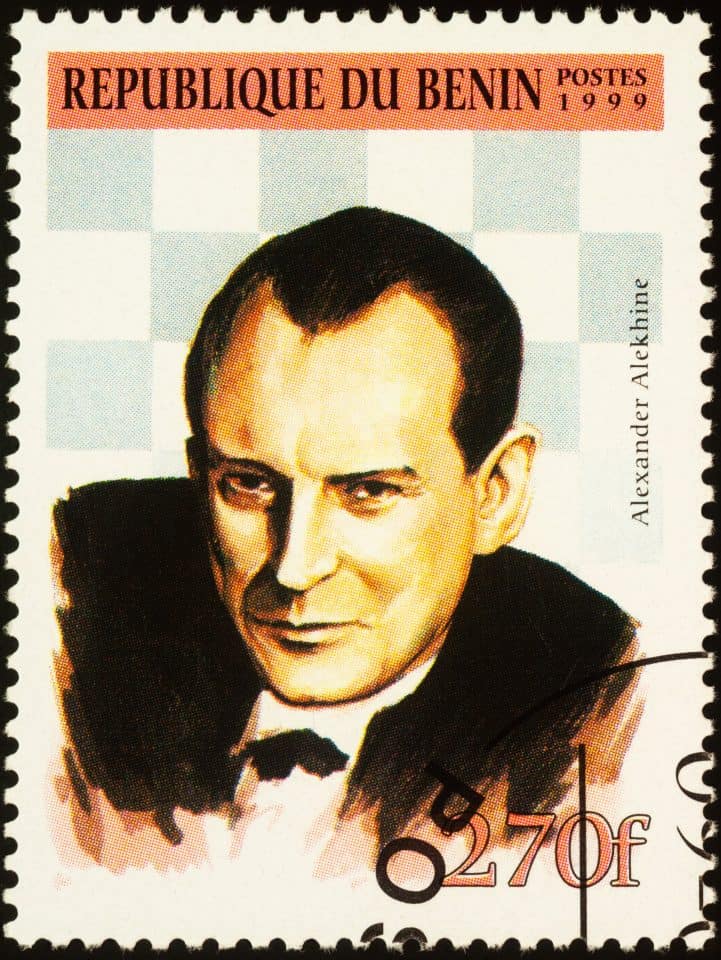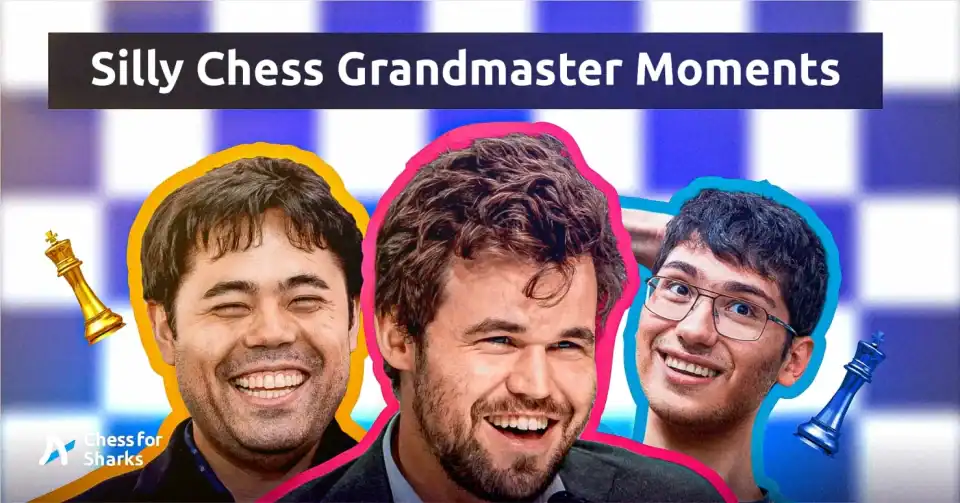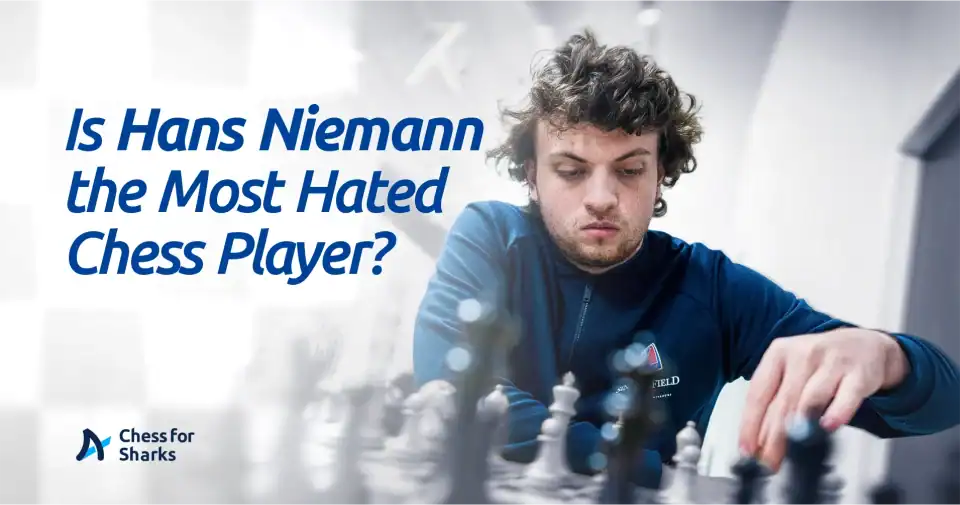Ever heard of “The White Russian”?
This was a nickname attributed to none other than the 4th world chess champion, Alexander Alekhine. Born in 1892, the Russian-French player is known as one of the greatest chess players in history.
Alekhine defeated former world champion José Raúl Capablanca in 1927 and held the title for two reigns defeating chess grandmasters Efim Bogoljubov and Max Euwe.
He was known to dominate chess tournaments and win them by large margins — a notable feat worthy of a world champion. Alekhine was famous for his fearless and aggressive approach in chess, done with a sprinkle of creativity.
He had superb positional and endgame skills which gave him that needed edge over his opponents. Due to his works and involvement in chess theory, a number of openings/variations and tactical motifs are named after him.
Examples include Alekhine’s Gun and Alekhine Defense. Alekhine was also a brilliant tactician, one of the best in history who had a thing for jaw-dropping combinations in complex positions.
In this article, we’ll explore these brilliances and combinations by looking at some selected games of Alekhine. 9 of his best games were carefully picked and analyzed to give you a feel of his playing style.
Enough talking. Let’s get started.
1. Richard Reti vs. Alexander Alekhine
Richard Reti was one of the top world chess players during the 1910s and 1920s. He was also a chess author and composer of endgame studies.
In the 1920s, Reti became one of the principal proponents of hypermodernism, along with Aron Nimzowitsch and others. The Reti Opening is named after him.
In this game, Alekhine takes advantage of Reti’s slightly weakened king to land a successful attack. What makes this game so instructive is Alekhine’s accuracy and precision just after his rook sacrifice.
You can click the moves or move the board around for an interactive experience.
2. Efim Bogoljubov vs. Alexander Alekhine
Efim Bogoljubov was an elite chess grandmaster and world championship contender. He earned the rights to play Alekhine for the world championship twice but lost both.
Nevertheless, he won a lot of tournaments and even the Bogo-Indian Defense is named after him.
Alekhine displayed positional mastery in this game as he was able to quickly switch to his attacking style after properly judging the demands of the resulting position.
3. Alexander Alekhine vs. Yates, Frederick Dewhurst
Fred Yates was an English chess master and journalist who in his time, defeated a lot of top chess grandmasters. He won the British Chess Championship six times and excelled in other local tournaments.
In this game played in London, Alekhine demonstrates a deep understanding of positional principles such as control of the open file, knights on outposts, rooks on the seventh rank, activating the king as a fighting piece, e.t.c
4. Milan Vidmar vs. Alexander Alekhine
Just like Reti, Milan Vidmar was one of the top chess players in the early 1900s. He performed well in a number of tournaments featuring other top players like Max Euwe, José Raúl Capablanca and Akiba Rubinstein.
The game below was included in our list to showcase Alekhine’s endgame prowess.
In what seemed to be a drawn endgame of a rook and two pawns versus a knight and three pawns, Alekhine goes ahead to ‘squeeze water out of stone’ forcing an eventual resignation from his opponent.
5. Alexander Alekhine vs. Tartakower Savielly
Tartakower Savielly was a Polish-French chess grandmaster and one of the leading chess journalists and authors in his time. A lot of chess openings and variations are attributed to him due to his meaningful contributions to modern chess theory.
In this game between the Polish master and Alekhine, we’ll see an uneventful blunder by Tartakower that landed in a checkmate a few moves after.
6. Alexander Alekhine vs. Hoelscher
There are still speculations regarding the identity of the Black player in this game, which is Hoelscher.
Let’s just get straight to the game and see how Alekhine was able to defeat his opponent in just 16 moves!
7. Vasja Pirc vs. Alexander Alekhine
You may have heard of the Pirc defense. Yes, you guessed right — That opening was named after Vasja Pirc.
Pirc was a Yugoslavia champion and grandmaster who won the title on five different occasions. Against Alexander Alekhine, Pirc had a minus record though he once beat him in a recorded blitz game.
Now, the game below happened to be one in which the Yugoslav master fell to the tactical brilliance of Alekhine. From sacrificing a pawn for development to maintaining the initiative, this is definitely a model game you should take note of.
8. Alexander Alekhine vs. Salomon Flohr
Flohr was known as one of the world’s strongest players in the mid-1930s and a leading contender for the world chess championship.
In fact, FIDE nominated him as the official candidate to play Alekhine in the world championship match but due to some reasons, the match was not possible. In 1950, he was among the first recipients of the International Grandmaster Title organized by FIDE.
In this chess tournament held in Bled 1931, we see an interesting game between Alexander Alekhine and Flohr.
While there were no spectacular tactical brilliance or mind-blowing combinations, this game is a classic example of gathering small advantages till it becomes big enough to convert.
9. Alexander Alekhine vs Marco Georg
Marco Georg was an Austrian chess player who had a funny nickname — “The strongest player in the world” and this was due to his huge physical size.
Alekhine himself regarded this game as one of his best games in his book: My Best Games Of Chess 1908-1937. White conducts a successful attack on Black’s kingside with all pieces working harmoniously.
Frequently Asked Questions (FAQs)
Was Alekhine A World Champion?
Alexander Alekhine defeated the then reigning world champion, José Ral Capablanca of Cuba in 1927 to take up the title.
He successfully defended this title in 1929 and 1934 before losing it to Max Euwe of the Netherlands in 1935. He however reclaimed it from Euwe in 1937 and remained world champion until his death in 1946.
Who Was Better: Jose Capablanca Or Alexander Alekhine?
This is still debated by chess experts. Some argue that Capablanca had more natural talents but took his championship match against Alekhine with a pinch of salt.
He was reported to be drinking and womanising before the match, underestimating the potential of his opponent.
Some also argue that Alekhine knew this fact, so when Capablanca offered a rematch, Alekhine refused it on the basis of insufficient funds from the challenger. Both players avoided themselves in subsequent tournaments so we never got to see more interesting games between these men.
What Was Alexander Alekhine’s Style Of Playing?
Alekhine had this attacking style of playing and is known for creating complications out of simple positions.
He also had a deep positional understanding which enabled him to spot attacking opportunities in a position.







join the conversation